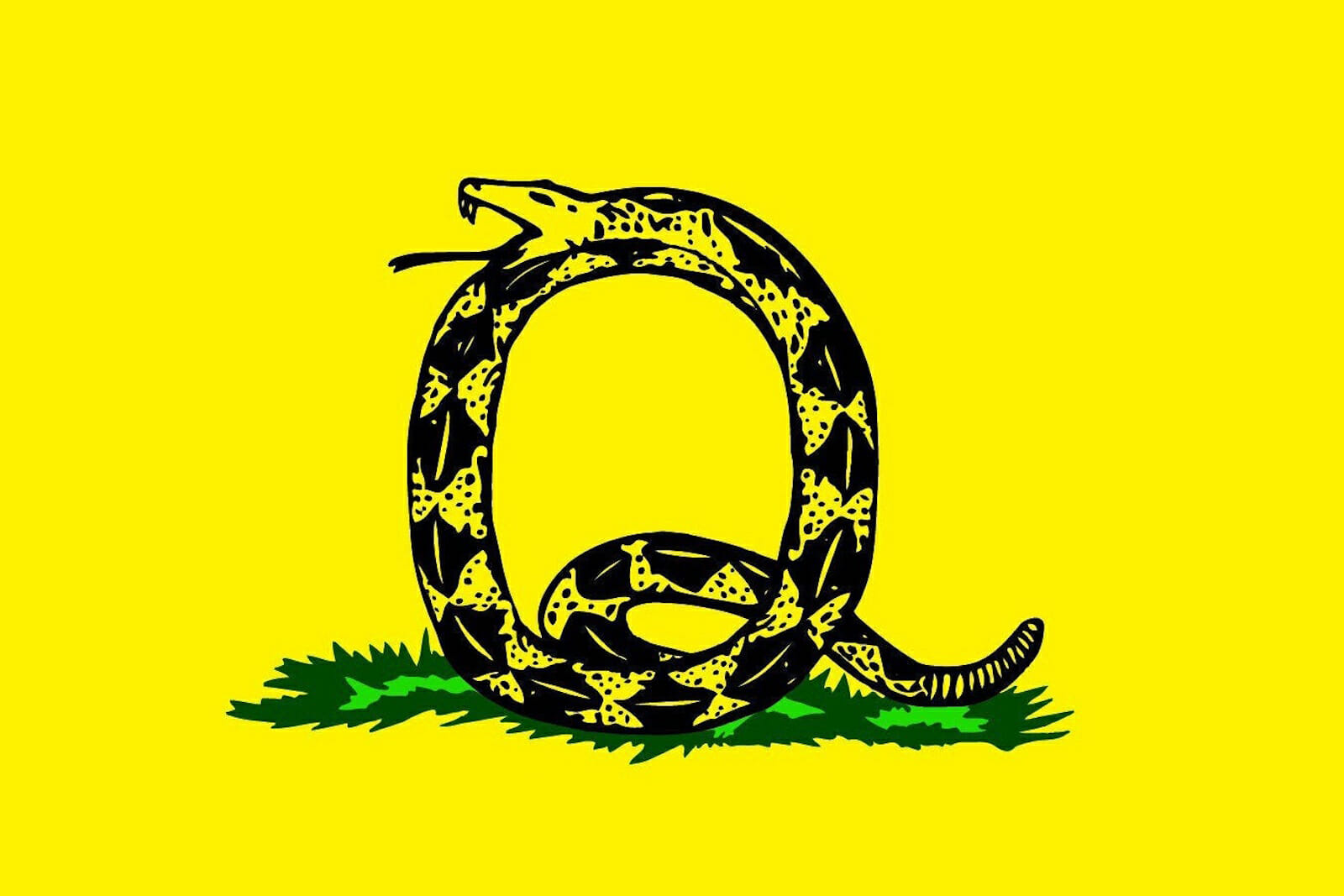
Tech
Social Media Enables Violence and Breeds Conspiracy Theories
Days after the January 6th attack on the U.S. Capitol, Twitter and Facebook banned President Trump on their platforms. Google, Apple, and Amazon removed Parler – a social networking service popular among many right-wing extremists and conspiracy theorists – from their app stores. The attack on the U.S. Capitol was planned in plain sight: on Instagram, Facebook, Twitter, Reddit, TikTok, and YouTube. So why did it take so long for these companies to crack down on disinformation and threats of violence?
Every social media platform listed above has one objective: to make money. Thus, the algorithms amplify extremist content in order to get more views and evoke emotions of rage and passion in users. Unlike television, social media platforms can target individuals. They buy our information, everything from our recent purchases to our search histories. Using this, they can make predictions about our online behavior. These dangerous algorithms are not new, especially not on YouTube. A decade ago, YouTube started promoting PewDiePie, now the most popular YouTuber with 104 million subscribers. He joked about joining ISIS, made rape jokes, and posted several videos with Nazi imagery. In 2019, an Australian man live-streamed a murderous crusade in New Zealand all while telling viewers to “subscribe to PewDiePie,” proving that social media has been used as an enabler of violence long before January 6th. The capitalistic system we live in has long been profiting from chaos and violence.
Social media networks have enabled the growth of conspiracy theories like QAnon and the organization of the riot at the U.S. Capitol. QAnon believers believe that the global “deep state” is made up of satanic pedophile elites who are responsible for all evil in the world. Theorists have accused high ranking Democrats, such as President Obama and Hillary Clinton, and Hollywood actors, such as Oprah Winfrey and Ellen DeGeneres, of being part of a Satanic worship group. To them, Trump is a savior who can restore world order and fight the deep state. Groups like QAnon have used social media as a tool to recruit others for their cause. High ranking Republicans have actively promoted the conspiracy, including recently elected Congresswoman Marjorie Taylor Greene and former national security advisor Michael Flynn. The dangers of the conspiracy were seen on full display on January 6th as QAnon members were one of the main groups at the storming of the U.S. Capitol, and the shirtless man with a fur hat – the QAnon Shaman – became one of the faces that will forever be associated with the attack.
From this description, the religiopolitical ideology of QAnon seems so uniquely American. Why would people abroad believe Trump is their savior? How could a conspiracy seemingly so rooted in fantasy gain so much traction? Matthias Poehlmann, a cult specialist, claims that people in 2021 “search for conspiracy theories that are supposed to offer clarity…because the coronavirus pandemic has caused a feeling in many of a loss of control.” Loss of control, feelings of hopelessness, and distrust in systems of power are not uniquely American. Thus, it makes sense why people abroad would find comfort in a conspiracy theory like QAnon. In the wake of uncertainty, people like to retreat to echo chambers of approval on social media to give them a sense of community and solidarity. According to CNN’s tracking of QAnon through CrowdTangle, a tool that shows content engagement across social media, there was an immense increase in the amount of engagement on QAnon related content when the pandemic first spread to Europe and Latin America. By the end of September, Facebook pages and groups relating to QAnon had garnered 12.8 million views.
So what does the conspiracy look like abroad and how large is its reach? According to QAnon researcher Marc-André Argentino, the conspiracy has reached at least 71 countries, and each day, 300,000 to 400,000 people post about QAnon on Facebook. In France, Qanan-fr.com was founded by “a group of French, anti-globalization patriots, who campaign for the waking up of Nations” at the height of the pandemic in March. Their YouTube videos have exceeded 150,000 views and the main French QAnon Facebook group had 30,000 members until its dismantlement on October 6th due to a Facebook crackdown. In Italy, Qanon.it, which publishes QAnon content in Italian, was created in February. One of their recommended YouTube channels, Dentro la Notizia, a video entitled “Trump, Putin, and Salvini united against EU elites will liberate Italy” reached 22,000 views. In Germany, Qlobal-Change reached 100,000 subscribers on YouTube. According to the Sydney Morning Herald, some QAnon posts in Australia claimed that the lockdown in Melbourne was a “smokescreen for a rescue operation involving child sex-trafficking victims in the city’s storm drain tunnels.” The common thread between the growth of QAnon worldwide is the use of social media to attract more followers.
This isn’t to suggest that social media platforms have been completely complicit in the growth of these conspiracies. In August 2020, Facebook attempted to remove all accounts that discussed political violence, removing 1,500 pages and groups associated with QAnon, including a UK group with 18,000 members. Yet, the sheer number of social media platforms enables conspiracy theorists to easily move to another platform if there is a crackdown. Furthermore, banning QAnon content on Facebook and Twitter reinforces followers’ beliefs that they are fighting an information war against the media elite and that they know things they are not supposed to.
On January 6th, we saw the consequences of failing to stop the mobilization on social media and neglecting conspiracy theories like QAnon. With the widespread reach of conspiracy theories and disinformation, now more than ever it becomes imperative that social media companies prioritize the integrity of democracy around the world rather than profits. If they fail, the insurrection at the U.S. Capitol will be the first of many violent attacks, and democracies around the world will decay.
